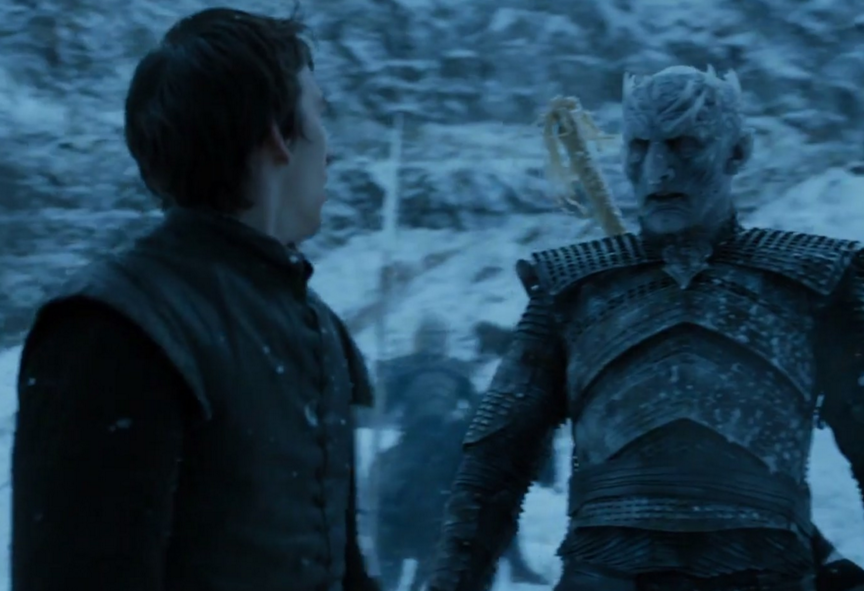This week's episode of Game of Thrones saw Bran tragically turn young Wyllis into Hodor, confirming the idea that he can affect events in the past.
...or can he? Because Hodor was Hodor before Bran went back in time, so HOW DOES THAT MAKE SENSE?
As Reddit user Jdylopa suggests, it seems the "time travel" on Game of Thrones is following the Novikov self-consistency principle, which means only one timeline exists and all events are fixed.
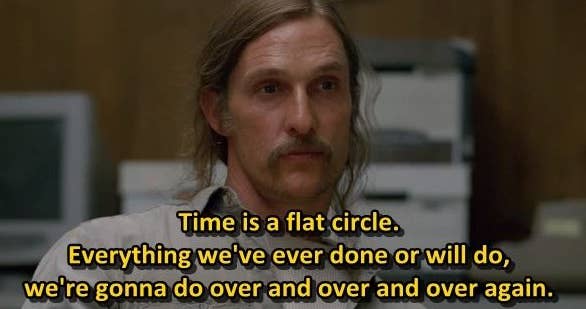
Similar time loops have been seen in movies and shows like Harry Potter and the Prisoner of Azkaban, 12 Monkeys, and Futurama.
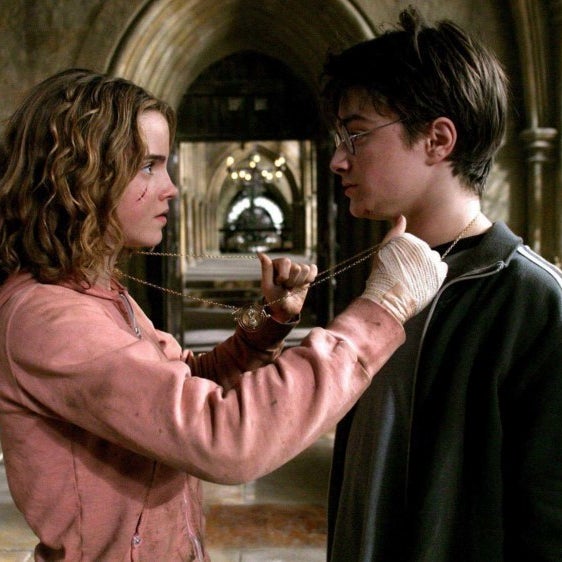
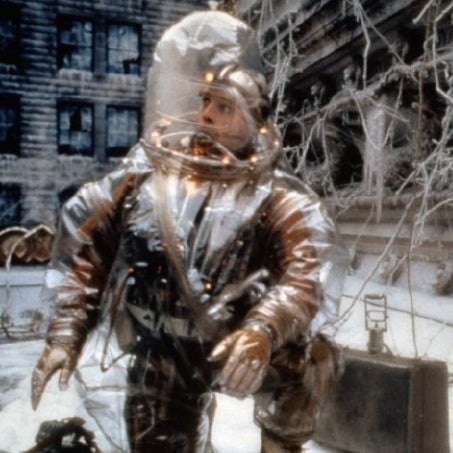

In all of these, the characters discover through travelling back in time that they are simply enacting what has already happened.
This means that, while Bran can see the past and interact with it, he can only do so because that was ALWAYS what had happened. So no, he can't go back and save his family or even himself.

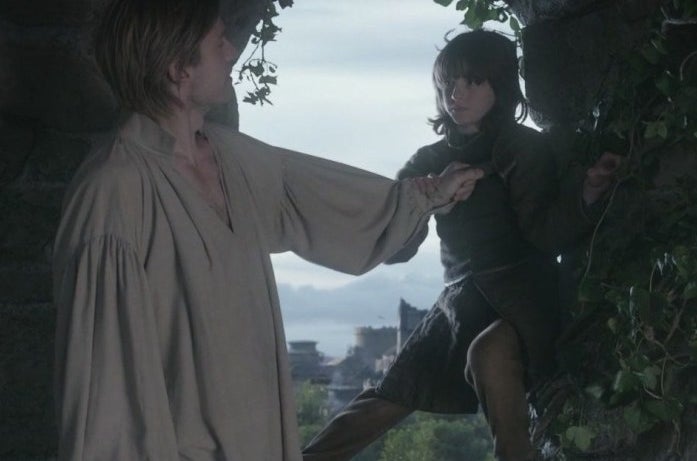
The Three-Eyed Raven wasn't lying when he said the past couldn't be changed – he just knew Bran had to play his part in it.
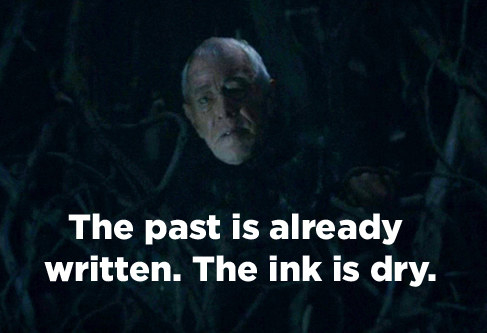
So what's the point of having time travel in the story if it doesn't change anything?
